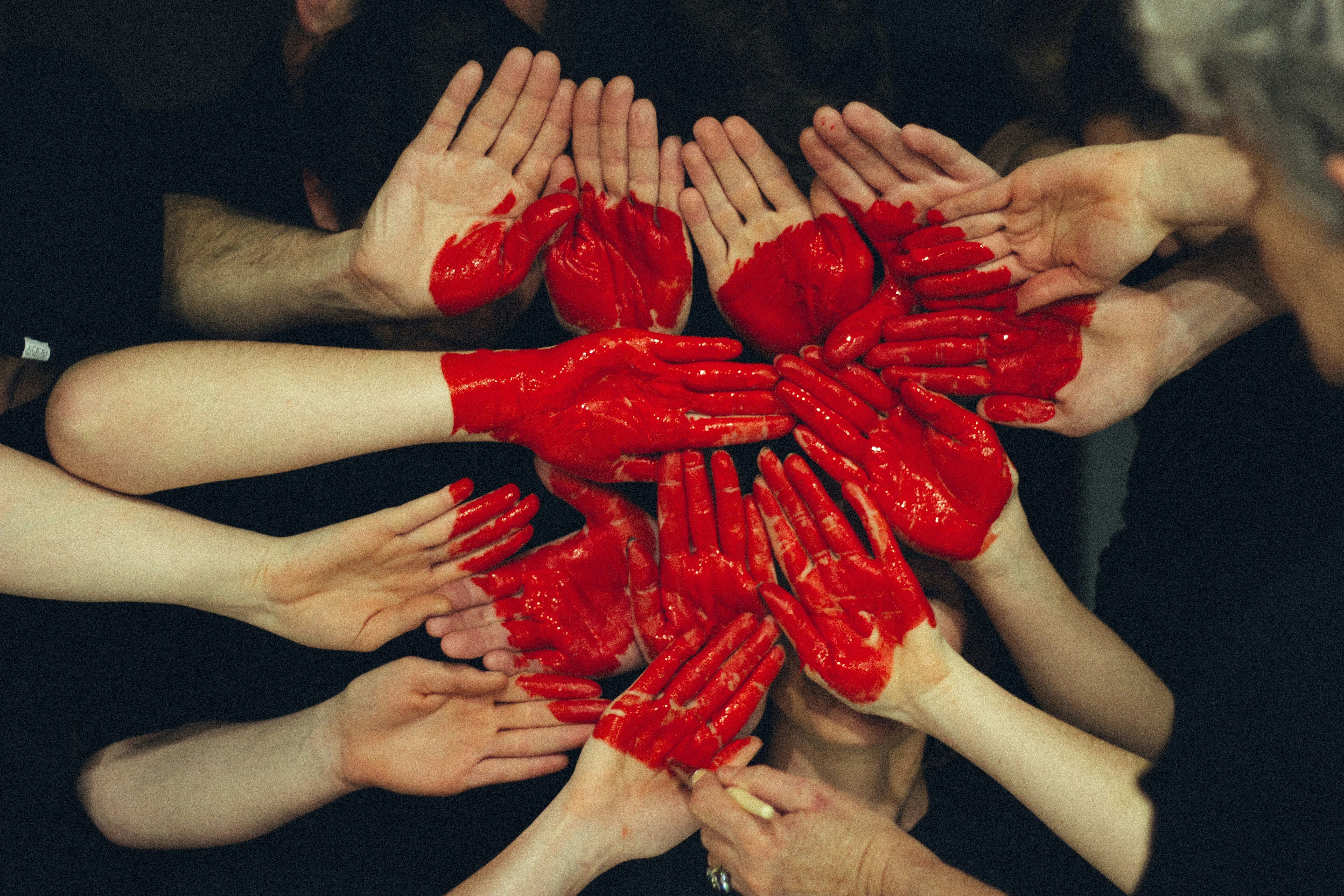
This past week Muslims worldwide celebrated the act of sacrifice that Prophet Abraham was inspired to do through a vision he had. During Haj and Aidil Adha festivities, sacrifice has a religious connotation with its practice of ritual slaughter of animals. However, the Qur’an is explicit that God is not interested in the sacrificial act itself but rather the commitment and devotion to faith and goodness, and against the urge to deny God and to do evil.
Sacrifice is also a means to forgo self-interest over the interests and wellbeing of others as an act of kindness, social cohesion and maintaining peace and order in society. When we stop at a red light in traffic, share a meal with a neighbor or better yet with strangers, when we donate our time and resources to the benefit others – all are examples of sacrifices that we do on a daily or periodic basis. As a result, the order that prevails (less accidents at traffic intersections), mutual satisfaction gained (from the sharing bread) and uplifting of those who are less fortunate (fulfilling unmet needs) are the direct results of such sacrifices.
Sacrifice also implies a sense of gratitude and a sense of humility in a world mired with inequity and injustice. Small and large acts of sacrifice enable individuals, communities and nations to fulfil the central tenet of our shared humanity that we are in it together and that we are accountable to God for our collective wellbeing. Establishing a just society as God’s representative on this earth is important and any form of sacrifice that we do individually and collectively is a reminder of our contribution to society. As the Qur’an says, “Indeed God has given you abundance – so devote yourself (to God) and sacrifice!” Though these two verses in a very short chapter (108:1-2) it is understood to have been addressed to Prophet Mohammad as an encouragement during his difficult task of establishing a just community as his followers were immigrants to a new place. For the rest of us, these verses can be generalized as God’s blessing of abundance being all around us. Therefore, our collective sense of gratitude and humility should be a catalyst for us to overcome our arrogance and ego, and for us to commit to serve others.
Only through intentional and widespread sacrifices, in the truest sense, we can change our world that is mired in conflict, inequity and injustice.
This story in both the Bible and Quran is monumental as it ended the practice of human sacrifice from a Biblical context. Although human sacrifice continued with other religious practices such as the Mayan and Aztec civilizations human sacrifices, and the Hindu Sati practice of burning widows on the death pier of their dead husbands.
Thankfully, these practices have ended, and we can really focus on the truest form of self-sacrifice that calls for moral and intellectual courage to put our collective interest ahead of our individual interest once our basic needs are met. These sacrifices also negate the need and presence of local and global conflicts, excessing profiteering and excess of power, ego, and arrogance in all spheres of human activities and endeavors.

